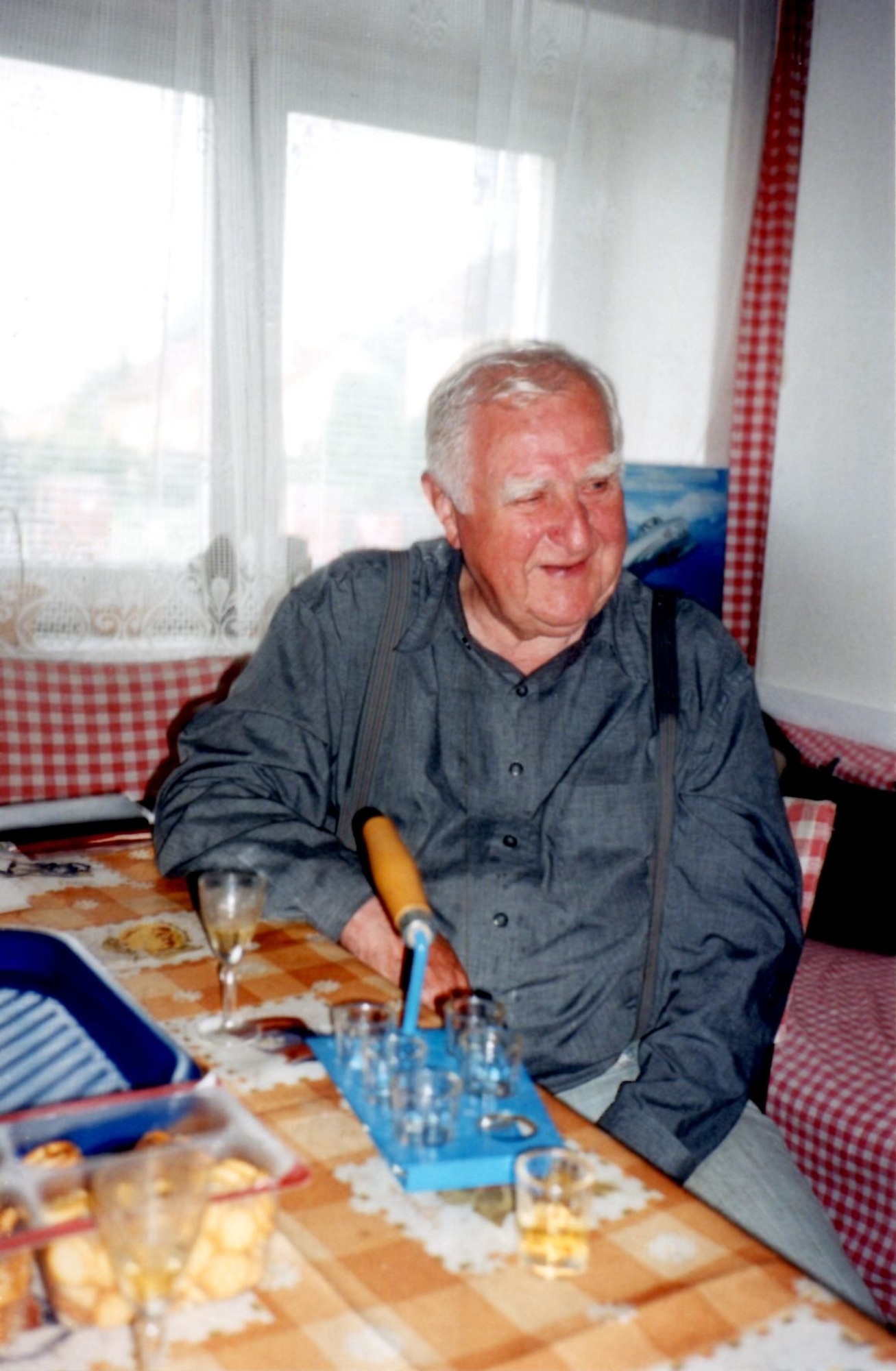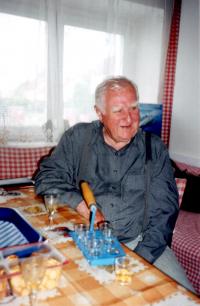The air is our sea

Download image
Josef Pavlík came into the world on May 18, 1927. He spent his childhood on a small farm in Staňkov. After completing elementary school he attended a high school in Domažlice. However, the Germans shut down the school during the war and thus he decided to study at Baťa’s school of work in Zlín. In March 1945, he was assigned to trench work. He fled from the advancing front line and got to his uncle in Prague, where he witnessed the uprising. After the war, Josef Pavlík completed a pedagogical training and began working as a teacher. He would spend all his free time trying to restore the flying club and airport in Staňkov. The airport went into operation in 1947 when it hosted an air day. A year later, Josef Pavlík was called to compulsory military service. He applied for the Air-Force-Officer School in reserve, which was housed in Pardubice, where he attained a navigator badge. After completing his military service, he attended a three-year course at the Air-Force Academy in Hradec Králové. This was followed by his assignment to the 4th Fighter-Plane Regiment in Plzeň. He attained the rank of squadron commander and flight instructor. He recalls that at that time the planes often patrolled over the western border, where American spy planes would occasionally appear. In 1951, Josef Pavlík was transferred to Bratislava, where he was trained for the operation of MiG jet planes. In the following years, he worked in Brno, Košice, Piešťany, or as a flight instructor. At that time, he already held the rank of a Major. In 1963, he accepted the offer to pursue a career as the inspector of the supersonic air force. Thanks to his experience he soon gained the position of the chief of tactical and firearms training, which he then held until his retirement from the army in 1985. He continued his activities as a civilian employee of the Interdepartmental Commission for Air-traffic Control. After the revolution in 1989, he actively participated in the restoration of the Union of Czechoslovak Aviators and was elected its first chairman. During his time in office, he oversaw the creation of the memorial to the fallen Czechoslovak airmen at the Náměstí svobody Square in Prague. He has devoted his life to the popularization of aviation and he has published numerous expert papers on aviation safety.
